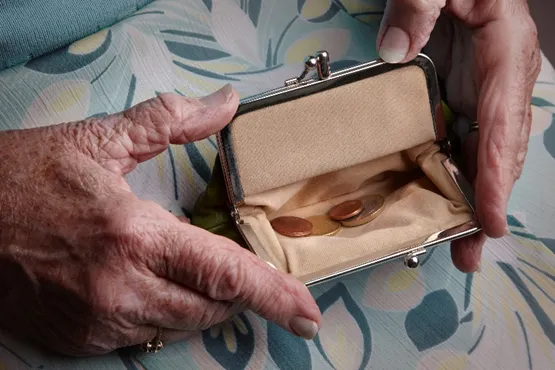How many family caregivers are facing debt after a loved one dies? This can be an overwhelming burden stacked on top of grieving the loss. It’s a widespread viewpoint heard many times over. As a youth, I recall my mother was strict in conversations around whole life insurance policies and the avoidance of term policies(due to the fine print requirements or outliving the term of the policy).
Have you ever asked yourself what proactive steps should be taken once you became a caregiver responsible for the financial elements of care? Paying for final expenses at the end of life is not buried. Many costs are left behind to resolve among families. The question becomes…do they become your responsibility or do unpaid bills remain unpaid. One way to avoid the worry is to start a plan! Have a plan, a proactive plan.
Before one needs care, getting business in order seems to be an afterthought. It is like the mindset of “I’m gonna live forever” while continuing to buy, collect, and remain thoughtless of life, which has a beginning and end. We hope to lighten the load of those left behind and prepare for death in this meaningful way. If you need to add a financial planner or financial adviser to your list of important phone numbers, do so. Their advice will be invaluable.
As I have shared often, proactive planning includes being organized and letting family caregivers know about whom you owe. Having names and account numbers should be known by caregivers. Most debts can be dissolved by a phone call, death certificate, and some agreeable amount asked by someone who is owed. Take note, if you have co-signed with someone who has died, that responsibility becomes yours.
As Your Proactive Caregiver Advocate, it’s all about preparing and planning. Some debts can be covered by a loved one’s estate. This can include medical bills and some credit cards. Check also to see if there is insurance on homes (if there is a mortgage) that pays off the mortgage if someone dies. Keep in mind that insurance policies are still the best way to fund end-of-life services. As a beneficiary, the responsibility is closing down a loved one’s final chapter. Be Safe! Be Well!

